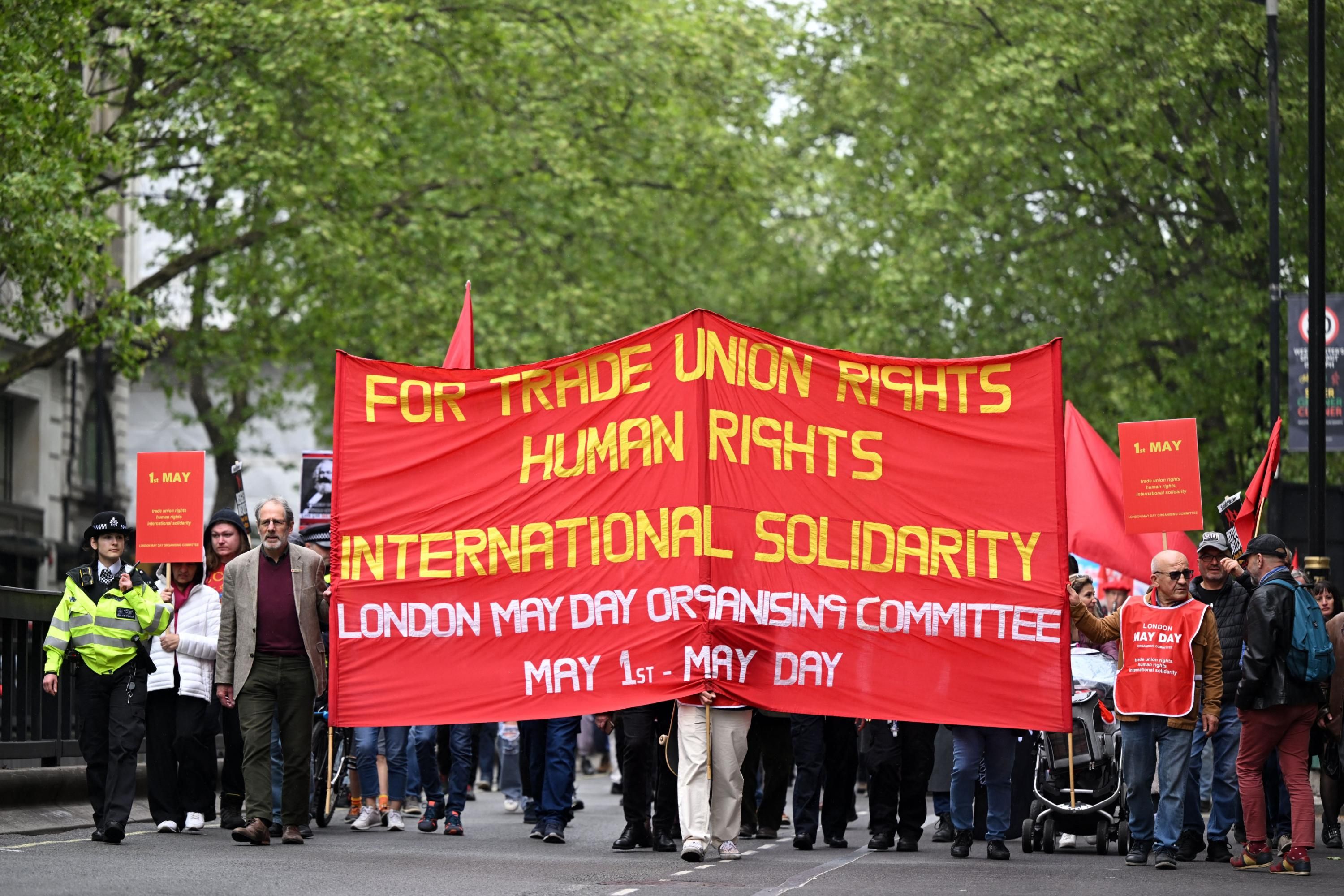
The great progressive Harvard economist and prolific best-selling author, John Kenneth Galbraith, wrote that, "Ideas may be superior to vested interest. They are also very often the children of vested interest." I wished he had written that assertion before I took Economic 101 at Princeton. One of the vested ideas taught as dogma then was the comparative advantage theory developed by the early 19th century British economist, David Ricardo. He gave the example of trading Portuguese wine for British textiles with both countries coming out winners due to their superior efficiencies in producing their native products.
A common theme in Berry's warnings is that monetized corporations, in their ferocious search for profits, destroy or undermine far more important non-monetized democratic values of societies.
Ricardo's theory drove policy and political power for two centuries fortifying the corporate and conservative proponents of alleged "free markets" (See: Destroying the Myths of Market Fundamentalism) and "free trade." The theory's endurance was remarkably resistant to contrary obvious empirical evidence. Whether Ricardo envisioned or not, "free trade" became an instrument of colonialism entrenching poor nation's in extracting and exporting of natural resources while becoming almost totally dependent on western nations' value-added manufactured products. "Iron ore for iron weapons" as one observer summed it up. Tragically, too often, the weapons came with the invaders/oppressors.
Fast forward to today's supply chain crisis disrupting the flow of commerce. Why does the world's largest economy and technology leader have a supply chain problem forcing businesses and consumers to helplessly wait for simple and complex goods to arrive at our shores? Why did we find ourselves in March 2020 desperately waiting on an Italian factory to sell us simple protective equipment to safeguard patients, nurses, and physicians to address the pandemic's deadly arrival? Answer—the touted theory of comparative advantage embedded in so-called "free trade."
In reality there is no such thing. It is corporate managed trade under the guise of "free trade." As Public Citizen attorney Lori Wallach asked her audiences, while holding up heavy volumes of NAFTA and WTO trade agreements—"If its free trade why are there all these pages of rules?" Because they are corporate rules often having little to do with trade and everything to do with the subordination of labor, consumer and environmental rights and priorities.
These agreements, secretly arrived at, made sure that they pulled down higher U.S. standards in these areas instead of having them pull up serf labor, polluting factories and consumer abuses in authoritarian nations. Corporate managed trade leads to inherently dangerous dependencies, such as no antibiotics being produced in the U.S., which imports these and other critical drugs from unregulated Chinese and Indian laboratories. The supply chain enchains.
A remarkable take down appeared in a lengthy essay titled "The Idea of a Local Economy" twenty-one years ago by the agrarian wise man, Wendell Berry, who used a larger framework taking apart the so-called "free trade," under monetized corporate control over governments, a clueless media and academics still indentured to Ricardo theory. He didn't go after the obvious—that imported products from serf-labor countries are corporate opportunities to make even more profits by keeping prices high. Other than textiles, note the high prices of Asian-made computers, iPhones, electronic toys, Nike shoes and foreign motor vehicles sold to American consumers. This imbalance allows Apple's boss Tim Cook to pay himself $833 a minute or $50,000 an hour. The markups on these products are staggering, but not as staggering as the plight of Apple's one million serf laborers in China.
Berry opens up new horizons on the deception called "free trade" to wit, "Unsurprisingly, among people who wish to preserve things other than money—for instance, every region's native capacity to produce essential goods—there is a growing perception that the global "free market" economy is inherently an enemy to the natural world, to human health and freedom to industrial workers, and to farmers and others in the land-use economies, and furthermore that it is inherently an enemy to good work and good economic practice."
The farmer-thinker, Berry, listed numerous erroneous assumptions behind corporatist global trade. A few follow:
- "That there can be no conflict between economic advantage and economic justice."
- "That there is no conflict between the "free market" and political freedom; and no connection between political democracy and economic democracy."
- "That the loss of destruction of the capacity anywhere to produce necessary goods does not matter and involves no cost."
- "That it is all right for a nation's or a region's subsistence to be foreign-based, dependent on long-distance transport and entirely controlled by corporations."
- "That cultures and religions have no legitimate practical or economic concerns."
- "That wars over commodities—our recent Gulf War, for example—are legitimate and permanent economic functions."
- "That it is all right for poor people in poor countries to work at poor wages to produce goods for export to affluent people in rich countries."
- "That there is no danger and no cost in the proliferation of exotic pests, weeds, and diseases that accompany international trade and that increase with the volume of trade."
A common theme in Berry's warnings is that monetized corporations, in their ferocious search for profits, destroy or undermine far more important non-monetized democratic values of societies. That, in turn, leads to suppression of impoverished societies on the ground where people live, work and raise their families.
That is why limitless greed, unbridled, whether formed from Empires or by domestic plutocrats, eventually produce convulsions which devour their mass victims and themselves.
This content originally appeared on Common Dreams - Breaking News & Views for the Progressive Community and was authored by Ralph Nader.
Ralph Nader | Radio Free (2022-06-25T10:10:57+00:00) The Continuing Damages From Corporate-Managed So-Called Free Trade. Retrieved from https://www.radiofree.org/2022/06/25/the-continuing-damages-from-corporate-managed-so-called-free-trade-2/
Please log in to upload a file.
There are no updates yet.
Click the Upload button above to add an update.